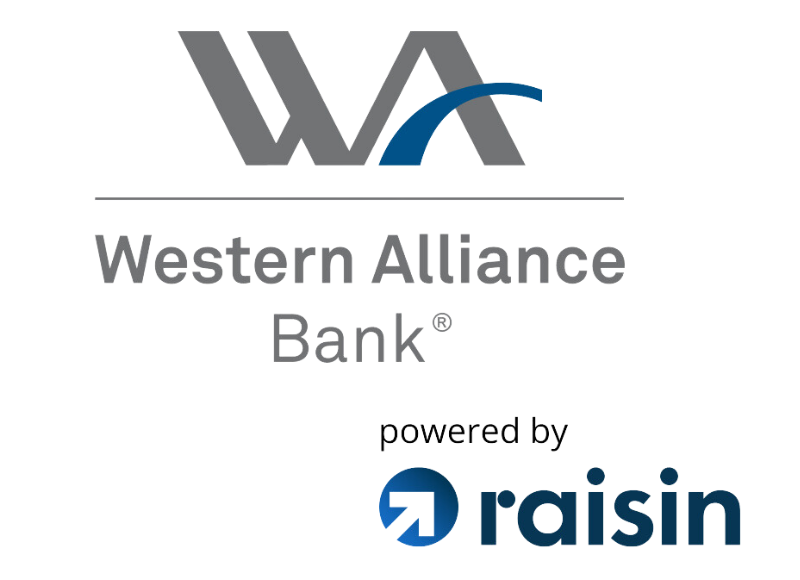Certificates of deposit (CD) are often distinguished by term and type. But one lesser known way of classifying CDs comes from who sells it. And, in this category, you can buy them from two main sources: from a bank or a broker.
Bank and brokered CDs have some similarities, such as being protected under FDIC insurance and earning interest at a fixed rate. But there are significant differences, and they could make one a more savvy investment for you.
With that in mind, let's take a look at what makes these CDs different and how to choose one for your savings.
Bank CDs: Good for simplicity
The process of buying bank CDs is simple and straightforward. You open a CD account at a bank, meet the minimum deposit requirements (usually between $500 or $1,000), and let your money grow with compound interest.
When the CD matures, you can choose to reinvest your money into another CD account or withdraw it for other purposes.
Buying brokered CDs, on the other hand, is a little thorny. First, you need a brokerage account. Then, you typically have to buy CDs in increments of a set amount, usually $1,000 (some brokers, like Fidelity, offer fractional CDs that have lower set minimums). So, if your broker sells CDs in $1,000 increments, and you had $1,650 to invest, you could buy one CD and be left with $650.
In addition, brokered CDs don't earn compound interest. Instead, the broker will deposit your interest earnings in your brokerage account, usually monthly, quarterly, semiannually, or annually. You can then reinvest these earnings, but the interest won't grow in your CD account. This differs from bank CDs, which will keep your money growing at your CD rate until your term ends.
Compare CD rates
| Bank & CD Offer | APY | Term | Min. Deposit | Next Steps |
|---|---|---|---|---|
|
Member FDIC.
| APY: 4.70% | Term: 1 Year | Min. Deposit: $2,500 | |
| APY: 5.25% | Term: 1 Year | Min. Deposit: $1 | ||
| APY: 5.10% | Term: 9 Months | Min. Deposit: $1 |
Brokered CDs: Good for selection and resale
While brokered CDs are more complex, they do have their own unique benefits.
For one, brokered CDs don't have early withdrawal penalties. Instead, to break your contract early, you have to sell them on a secondary market. Depending on CD rates at the time of sale, this could result in a gain or loss for you.
For instance, if you were to sell a 2-year CD with a 5.00% APY at a time when the best CD rates were 3.00%, you would likely sell it for a gain.
In contrast, banks don't typically have secondary markets on which you can sell your CD. Unfortunately, banks often only give you one avenue to exit your CD contract early: the early withdrawal penalty. Most banks impose penalties equal to a set amount of interest, earned or not.
A 1-year CD, for example, might have a penalty of three months' interest. Worse, it will impose it even if you had the CD for just two months.
Another advantage of brokered CDs is their variety. Often, you'll find numerous term lengths, ranging from seven days to 20 years. Brokers also sell CDs from numerous banks and CD issuers, with each unique provider coming with its own policy of FDIC insurance. This is beneficial if you have a large deposit (like $1 million), as you can spread your money out and get more than the typical $250,000 in coverage.
A few options for brokered CDs you might want to consider include:
Which CD is the better investment for you?
Brokered CDs are well suited for those who want to capture today's high interest rates but would also like the option of cashing out before the CD term expires. You might also be attracted to their longer-than-usual terms or the wide selection of banks, thus increasing your FDIC insurance.
But if you just want a plain old-fashioned CD -- without the gamble of selling it on a secondary market -- stick with the bank. In fact, many of the best CDs have rates that are comparable to brokered CDs -- and sometimes even higher.
The early withdrawal penalty is a risk to consider, but as long as you play it safe, you can earn high interest without the complicated process that comes with brokered CDs.
We've scanned the most popular banks to find CDs with high interest rates to make your money work harder for you. Get started by clicking below.
We're firm believers in the Golden Rule, which is why editorial opinions are ours alone and have not been previously reviewed, approved, or endorsed by included advertisers. The Ascent, a Motley Fool service, does not cover all offers on the market. The Ascent has a dedicated team of editors and analysts focused on personal finance, and they follow the same set of publishing standards and editorial integrity while maintaining professional separation from the analysts and editors on other Motley Fool brands.

